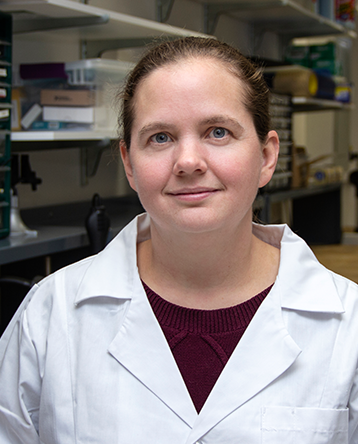Carnegie Mellon University
Learning and Reasoning with Visual Correspondence in Time
Abstract: There is a famous tale in computer vision: Once, a graduate student asked the famous computer vision scientist Takeo Kanade: "What are the three most important problems in computer vision?" Takeo replied: "Correspondence, correspondence, correspondence!" Indeed, even for the most commonly applied Convolutional Neural Networks (ConvNets), they are internally learning representations that lead to [...]
Geometric Deep Learning for Perceiving and Modeling Humans
Abstract: Perceiving and modeling shape and appearance of the human body from single images is a severely under-constrained problem that not only requires large volumes of data, but also prior knowledge. In this talk I will present recent solutions on how deep learning can leverage on geometric reasoning to address tasks like 3D estimation of [...]
Carnegie Mellon University
Forecasting and Controlling Behavior by Learning from Visual Data
Abstract: Achieving a precise predictive understanding of the future is difficult, yet widely studied in the natural sciences. Significant research activity has been dedicated to building testable models of cause and effect. From a certain view, a perfect predictive model of the universe is the “holy grail”; the ultimate goal of science. If we had [...]
Human-Level Learning of Driving Primitives through Bayesian Nonparametric Statistics
Abstract: Understanding and imitating human driver behavior has benefited for autonomous driving in terms of perception, control, and decision-making. However, the complexity of multi-vehicle interaction behavior is far messier than human beings can cope with because of the limited prior knowledge and capability of dealing with high-dimensional and large-scale sequential data. In this talk, I [...]
Carnegie Mellon University
Town Hall with RI Director and RI Graduate Students
Dr. Srinivasa Narasimhan, the Interim Director of The Robotics Institute, would like to meet all of RI’s graduate students. Please join him for a Town Hall meeting at 1pm in Rashid Auditorium on Friday Aug 30!
Formalizing Teamwork in Human-Robot Interaction
Abstract: Robots out in the world today work for people but not with people. Before robots can work closely with ordinary people as part of a human-robot team in a home or office setting, robots need the ability to acquire a new mix of functional and social skills. Working with people requires a shared understanding [...]
Knowledge Transfer Graph for Deep Collaborative Learning
Abstract: In this talk I will present our latest research about knowledge transfer graph for Deep Collaborative Learning (DCL), which is a method that incorporates Knowledge Distillation and Deep Mutual Learning. DCL is represented by a directional graph where each model is represented by a node, and the propagation of knowledge from the source node to the [...]
AI in Space – From Earth Orbit to Mars and Beyond!
Abstract: Artificial Intelligence is playing an increasing role in our everyday lives and the business marketplace. This trend extends to the space sector, where AI has already shown considerable success and has the potential to revolutionize almost every aspect of space exploration. We first highlight a number of success stories of the tremendous impact of [...]
Microsystems-inspired robotics
Abstract: The ability to manufacture micro-scale sensors and actuators has inspired the robotics community for over 30 years. There have been huge success stories; MEMS inertial sensors have enabled an entire market of low-cost, small UAVs. However, the promise of ant-scale robots has largely failed. Ants can move high speeds on surfaces from picnic tables [...]








